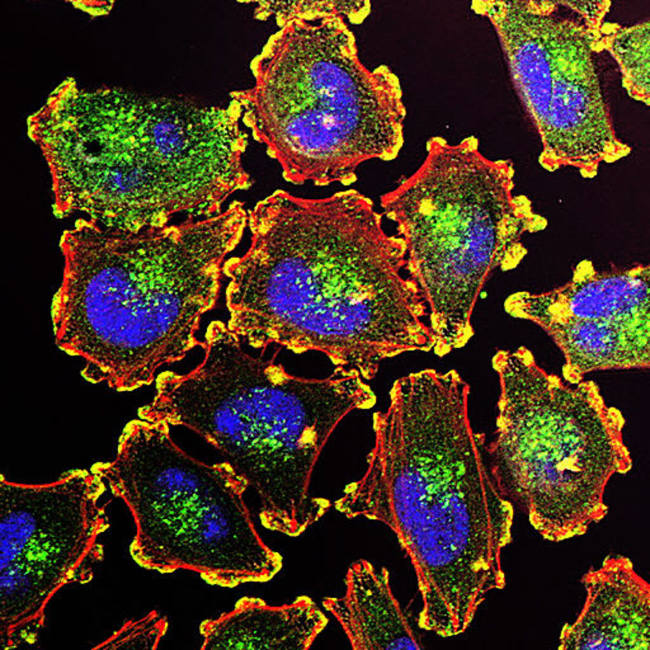Genetically modified bacteria in shellfish help kill cancer tumors
A new medical finding comes from the transformation of a bacterial gene that often occurs in shellfish bodies that are gaining medical attention worldwide.
Accordingly, a group of international scientists operating in South Korea has announced that the genetic modification of bacteria in shellfish, injected into cancer mice is likely to disappear tumor tumors. Letters on half of the mice tested.
In an article published in Science Translational Medicine, the researchers described how they performed this experiment and the results of the experiments were also published.
- 5 items near the bed increase your risk of cancer
- The top 5 foods to eat are at higher risk of cancer

Researchers report that they are developing a vaccine against bacterial infection on shellfish and found that genetic modification of this bacterium may be able to support cancer prevention. high.
They found that bacteria that attack shellfish can produce a specific protein (flab) that has a strong immune response. Understanding this mechanism, the team conducted genetic modification of salmonella bacteria . Because of the nature of the salmonella bacteria after genetic modification, when it comes to the host body, it often finds organs, which are poor in oxygen in the body to carry out infection and destruction. But the nature of cancer tumors is absolutely a favorable environment for this bacterium.

So, the team injected genetically modified salmonella into mice with cancer. The results showed that at the beginning, cancer tumors almost stopped growing, some decreased in size.
The reason clearly indicates that the genetically modified salmonella itself has eroded and destroyed mouse cancer cells. At the same time, the host immune system also detected and immediately inhibited salmonella bacteria in the tumor. This shows that the tumor was attacked, destroyed from both sides. A total of 11/20 mice had completely lost their tumors after 12 days.
In addition, the team has also embarked on a separate test of injecting metastatic cancer cells into mice and then injecting the transgenic salmonella and waiting for what to happen. As a result, after 27 days, the researchers found 4 out of 8 mice had lost their cancer completely.
For mice that were injected with metastatic cancer cells but did not inject the transgenic bacteria salmonella, the results showed that these mice grew dozens of new metastatic cancer tumors.
You should read it
- ★ The top 5 foods to eat are at higher risk of cancer
- ★ Unexpected discovery: Breast cancer is associated with bacterial imbalance in breast tissue
- ★ New technique: Give cancer cells luminescent inside to help surgeons remove
- ★ Injecting Vitamin C into a vein may help treat cancer
- ★ It turns out that we have been indifferent to using cancer-causing substances in our daily lives